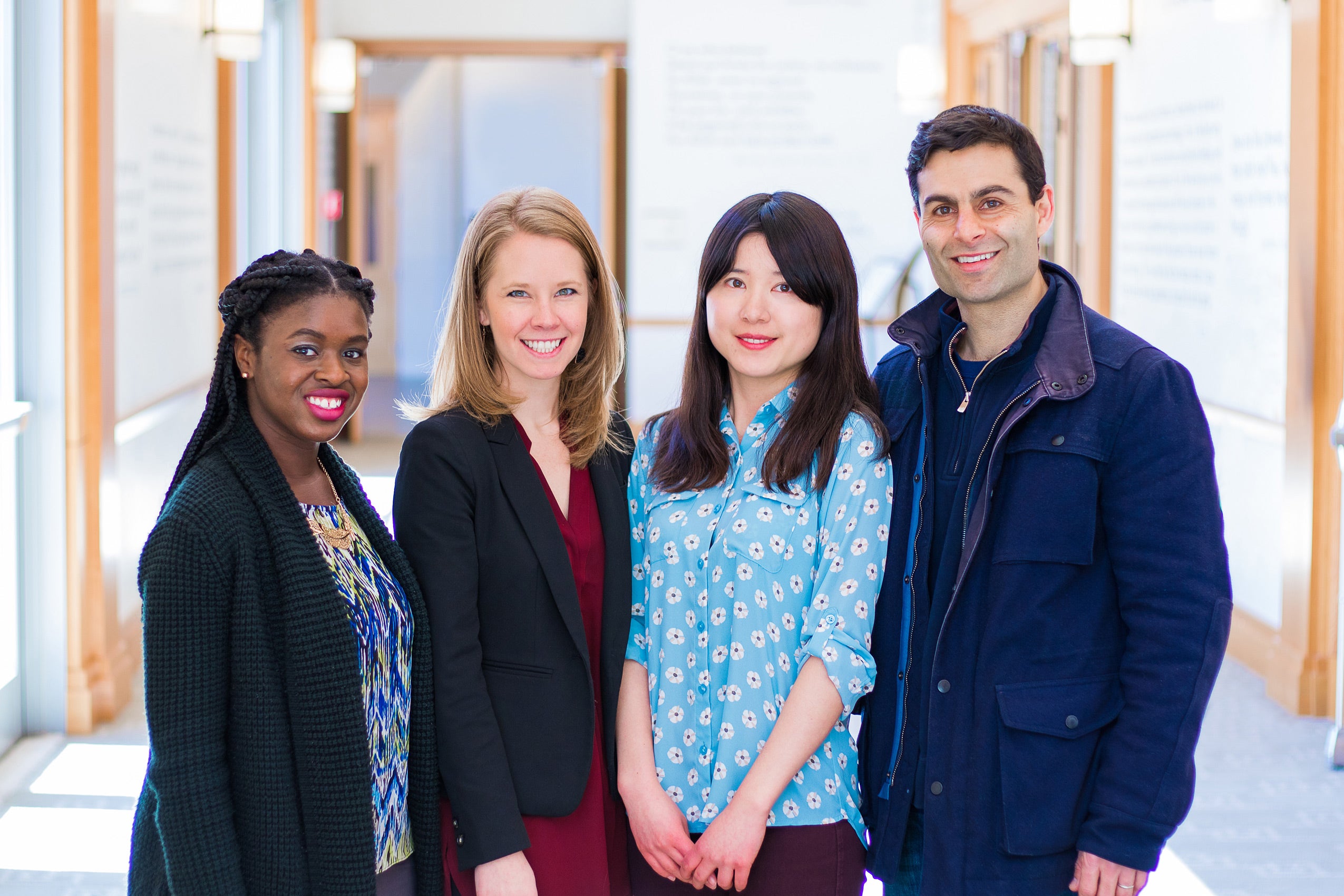Thirteen Harvard Law School students were selected as the 2016 Cravath International Fellows. The fellows traveled to 12 countries for winter term clinical placements or independent research with an international, transnational, or comparative law focus. Below are accounts of the experiences of four of the new fellows.
Crystal Nwaneri ’17
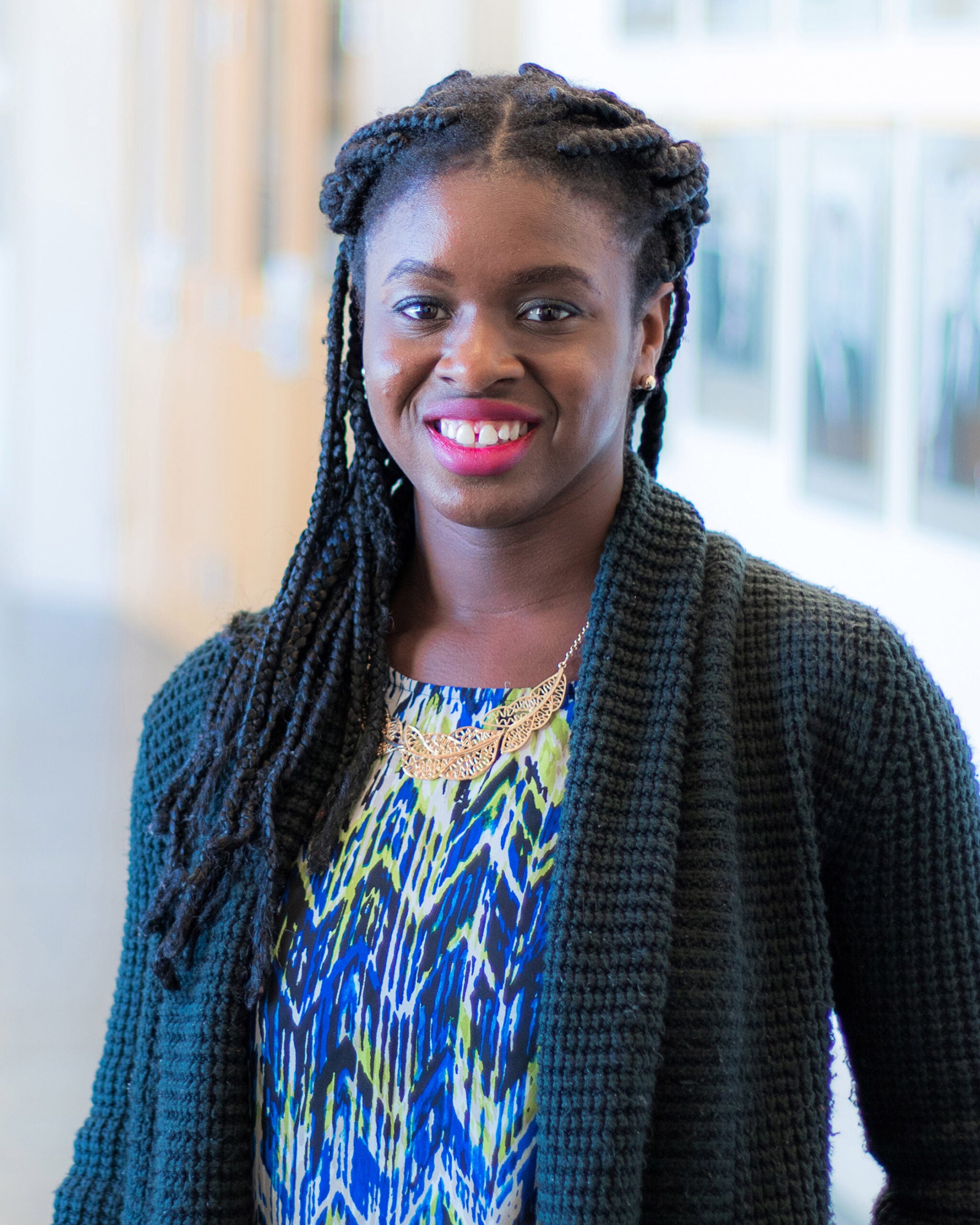
Crystal Nwaneri ’17 spent winter term in Singapore, conducting research on the legal and technological implications of a court ruling permitting a third party to retransmit over-the-air television without permission of the broadcasters. For Nwaneri, this was a chance to further explore her long-standing interest in the legal challenges brought about by rapidly advancing technology.
As an undergraduate, Nwaneri examined public policy and how legislators and private organizations shape and regulate the technology industry. Prior to law school, she worked at Dell’s government relations office in Washington, D.C., briefing their executives on the internet technology issues discussed at Congressional hearings.
Upon entering Harvard Law, she enrolled in a reading group with Professor of Practice Urs Gasser about the future of online privacy, joined the Women’s Law Association and the Harvard Black Law Students Association, and began working as an editor at the Journal of Law and Technology. As a 2L, she is focusing on the legal infrastructures that support technology innovation, which may affect access for underserved communities. She also supports clients in the Cyberlaw Clinic and is a research assistant with the Student Privacy Initiative at the Berkman Center.
Nwaneri’s winter term research was inspired by a 2014 Supreme Court case, Aereo vs. the American Broadcast Company. Aereo’s service, which allowed subscribers to view live and previously-recorded streams of television programs, was ruled to have violated copyright laws. She discovered a 2010 case in Singapore, in which the Court of Appeals ruled that RecordTV, which provided a comparable service to Aereo’s, was not liable for copyright infringement of the broadcaster’s content. “I wondered what actually happens in a country when you allow this type of service to flourish,” said Nwaneri.
Through her work with the Berkman Center and its faculty co-director, Clinical Professor Christopher Bavitz, Nwaneri secured interviews in Singapore with experts in the field, including lawyers involved in the case, cable executives, and media regulators. Once in Singapore, she examined administrative documents and panel reports, interviewed her contacts, and attended a conference on technology in Southeast Asia, where she spoke with lawyers in the telecommunications, media, and technology field and those directly involved in the RecordTV case.
Nwaneri was surprised to learn that RecordTV had fallen into obscurity. The push to mobile content had been so swift that to remain relevant, both broadcasters and cable providers began permitting users to record TV or watch content soon after it aired. The third-party services that did thrive provided premium, international content, such as Amazon Prime. “RecordTV still exists for watching local broadcasts at a later time, but people just aren’t using it,” explained Nwaneri. In this case, the most effective method of stemming the rise of third-party retransmission services turned out to be the market itself.
In addition, Nwaneri learned of key differences between U.S. and Singapore copyright law, and was able to better contextualize the legal media landscape of a country with 5 million citizens with that of the U.S.’s 350 million. One substantive difference that swayed the Court of Appeals was an annual fee that Singapore citizens paid for TV and radio, which granted them valid licenses to public broadcasts. The U.S. ruling for Aereo noted that because users did not have any relationship with the content, they did not have a right to use Aereo’s service to access it.
Nwaneri is writing a paper on her findings, highlighting the key differences between the Aereo and RecordTV cases, comparing the law and media landscapes in the U.S. and Singapore, and how the ruling affected the progress of technology in Singapore’s new media sector.
This summer, Nwaneri will work at two law firms: a new technology litigation team in California and a communications regulatory team in Washington, D.C. “This case is right in the middle of both of those spaces, and my experience really gave me an important international perspective. I’m interested in both sides, and eventually will have to choose which path will be best for policy change. But I want to ensure that I have a very solid, informed legal foundation for whichever path I choose.”
Marin Tollefson ’17
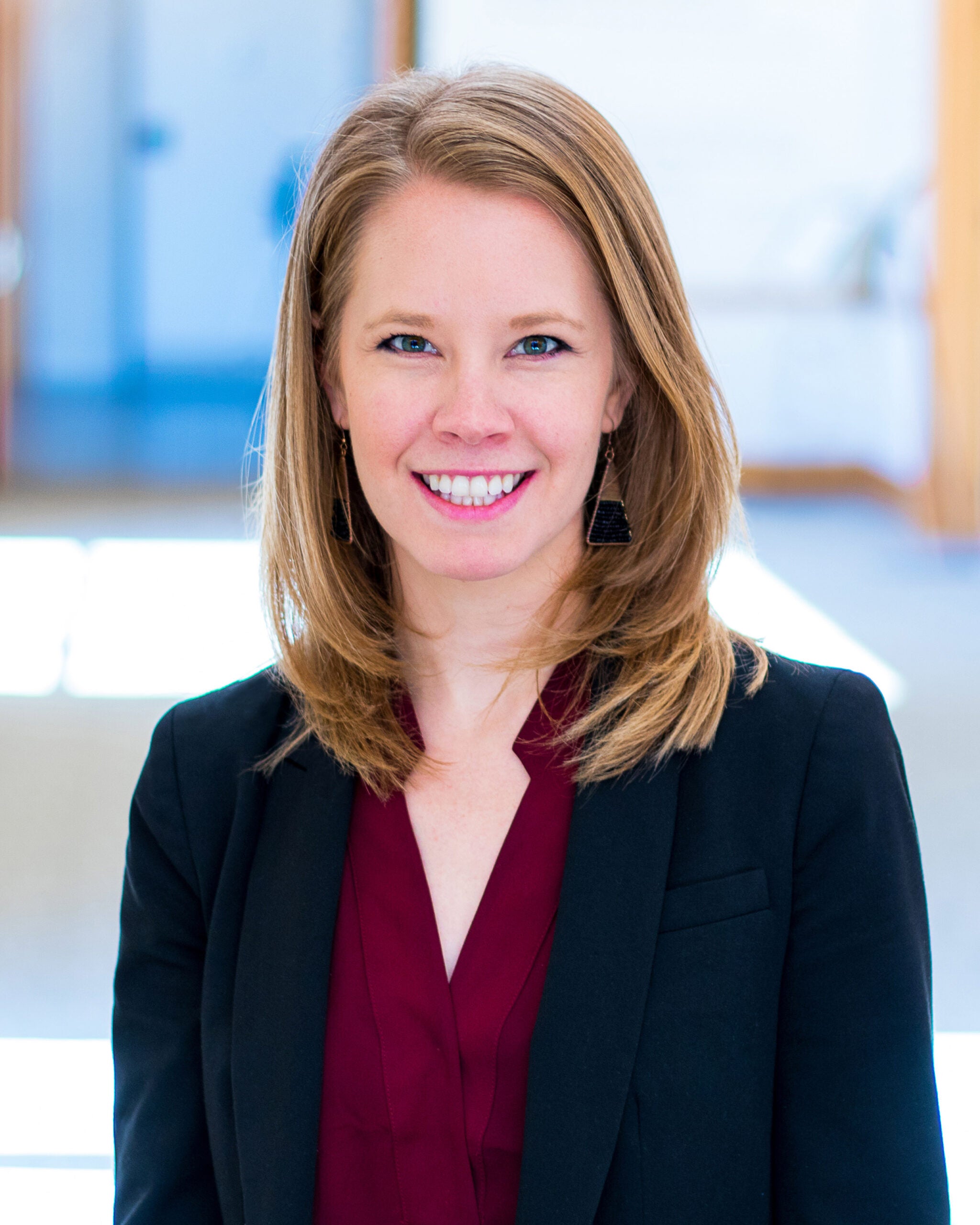
Marin Tollefson ’17 spent winter term in Cape Verde, studying the issue of forced return migration from a policy and advocacy perspective. Tollefson focused her research on the small island of Brava, where it is estimated that one in 50 residents has been deported from the U.S. Through interviews with deportees and community members, she identified and assessed the needs of, and services for, the deportee community. Tollefson’s experience as a Peace Corps volunteer in Cape Verde, as well as work in immigration law both prior to and while at HLS, served as inspiration for her winter term research.
In her senior year of college, she was a case manager with an immigration law firm—work that she enjoyed and could imagine as a career. As a Peace Corps volunteer, she was struck by the challenges deportees faced in rebuilding their lives. “They’re separated from their family, lose their support system, and face scarce job opportunities. Seeing their struggles reaffirmed my desire to go to law school and build a tool kit to make a difference,” she explained.
Tollefson joined the Removal Defense Team in the Harvard Immigration Project as a 1L, and spent last summer advocating for detained immigrants and asylum seekers in south Texas. This fall she participated in the International Human Rights Clinic and is currently in the Crimmigration Clinic. “I saw Jterm as a good opportunity to get experience doing my own in-depth research and writing. And I’m still very close to the Cape Verdean community; it feels very much like home to me.”
With the assistance of her faculty supervisor, Lecturer on Law Sabrineh Ardalan, Tollefson made contact with a deportee who agreed to facilitate introductions within the community, and ensured that her research of this vulnerable population met the conditions of the Harvard Committee on the Use of Human Subjects. Upon her arrival in Cape Verde, she met with academics who had experience with deportees, and accessed research by other scholars, which was not available online or in print. In Brava, Tollefson interviewed the government official responsible for deportee issues and spent 10 days talking with deportees and joining them in their day-to-day activities. Her fluency in both Creole and Portuguese allowed for many in-depth, candid conversations.
Tollefson found that many of the governmental programs for deportees had been largely unsuccessful, owing primarily to a lack of funding. This, coupled with the island’s isolation and lack of employment opportunities, led to a true sense of disillusionment in the deportee community. While employment is a widespread problem in Cape Verde in general, it is even more deeply felt in Brava, where the primary sources of income are fishing, farming, and raising livestock—jobs for which deportees have neither the experience nor desire. Compounding that is the reality of living on an island of 5,000 people that is only accessible by boat. “The deportees who had been in the American criminal justice system compared Brava to a prison and said it felt like they were being punished twice.” She does not, however, see the situation in Brava as hopeless, and notes that among deportees who had created new families, there was a greater sense of motivation and overall happiness.
This summer Tollefson is headed to the public defender’s office in Minneapolis and hopes to work with the Criminal Justice Institute next year. “I’m really interested in how the immigration system is starting to look more and more like our criminal justice system but hasn’t yet adopted some of its protections. And any involvement with the criminal justice system can have serious consequences for immigrants.”
Patrick Sharma ’16
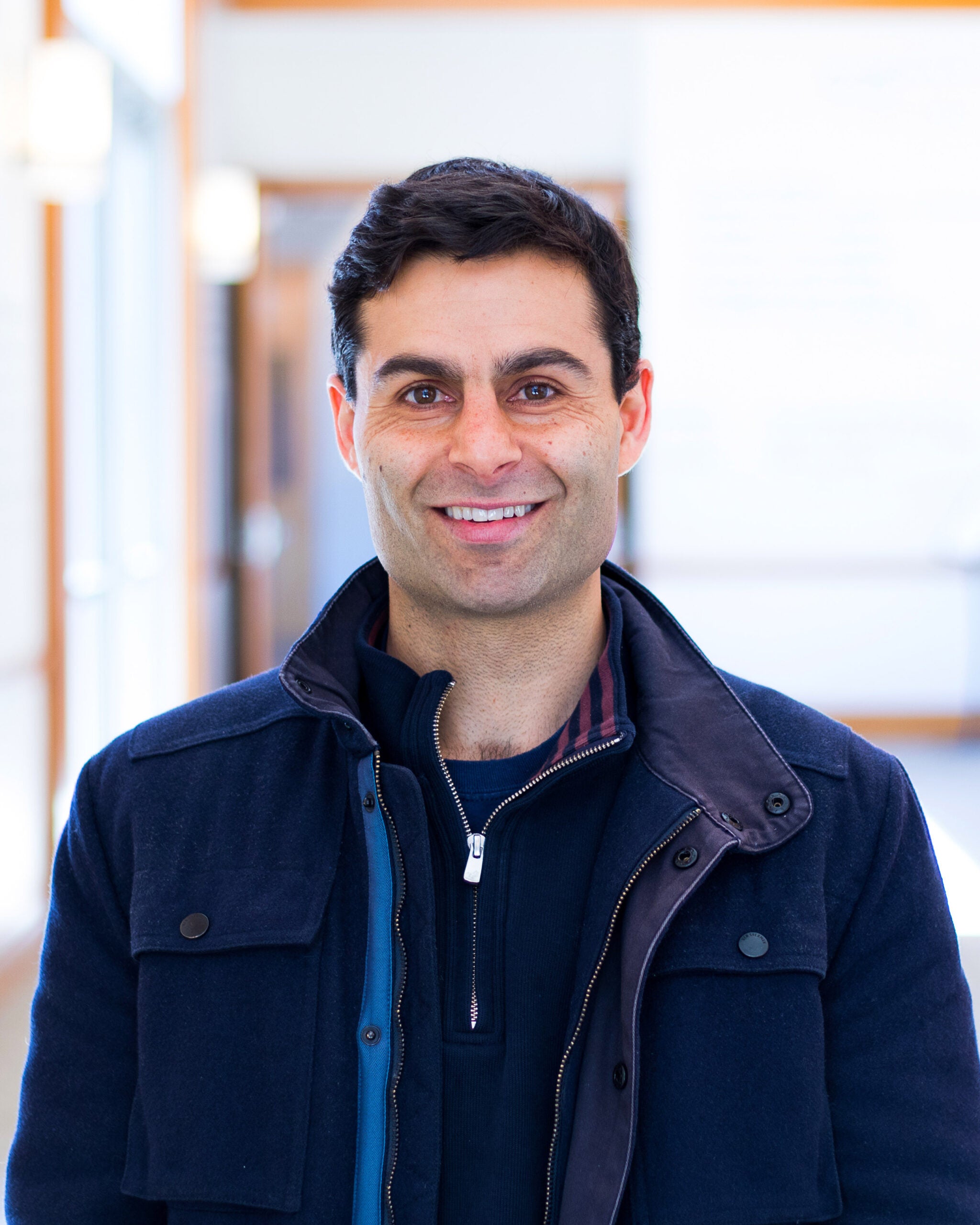
Patrick Sharma ’16 spent winter term in Paris, examining the implementation of an Organisation for Economic Cooperation and Development project to limit corporate tax avoidance. The Base Erosion and Profit Shifting project is the Organisation’s final set of proposals, requested by the Group of Twenty, to reform the rules governing the taxation of multinational enterprises and cross-border economic activities—the avoidance of which results in losses of corporate income tax revenue of approximately $100-240 billion annually. Sharma’s research focused on the country-by-country reporting proposal, which seeks to curb transfer-pricing abuse by setting international reporting standards.
After completing a Ph.D. in history and a dissertation on the World Bank’s role in 1970s global development, Sharma came to HLS with an eye to getting more involved in international development and economic policy. While immersing himself in the general field of law as a 1L, he reached out to Professor Stephen Shay. “I saw that he was involved in advising African governments on tax issues and thought that this was an interesting angle on international economic development. I had begun to think about tax policy at that time, and this confirmed my interest.”
Sharma then tailored his studies to tax law, worked in tax law practice as a summer associate, and augmented his coursework with independent research. Through conversations with Shay about expanding his research into international tax issues, Sharma homed in on the issue of tax avoidance for a winter term writing project. “There’s been a ton of effort, and turbulence, in the international tax world, because there has been significant political pressure by powerful countries to do something about tax avoidance.”
Currently, multinational companies present financial information about their foreign entities in aggregate to the government for tax purposes, making it very difficult to determine whether transactions occurred at fair market value. The country-by-country reporting proposal requires that specific financial indices be reported individually and that they be shared with other countries upon request. “I was shocked to learn that this wasn’t required, but it’s an example of how transparency is really the name of the game–companies have the informational advantage, now governments will be able to identify potential abuses more easily,” said Sharma.
In Paris over winter term, Sharma met with members of the Organisation’s Centre for Tax Policy and Administration, who were responsible for the Base Erosion and Profit Sharing project development, including the director, Pascal St. Amans. “I gained insight into the origins and development of the proposal as well as anecdotes on early indications of how businesses are responding.” Sharma’s paper, the first detailed examination of the country-by-country reporting proposal, will be submitted for publication this spring.
Sharma hopes to maintain his contact with St. Amans and other Organisation officials for a possible future in policy work. After graduation, Sharma is headed to Los Angeles, where he’ll be working in the transactional tax group at Latham & Watkins. “This is such a technical field—I’ve learned that there is nothing like practice for training. I’m really looking forward to it.”
Qiongyue Hu ’17
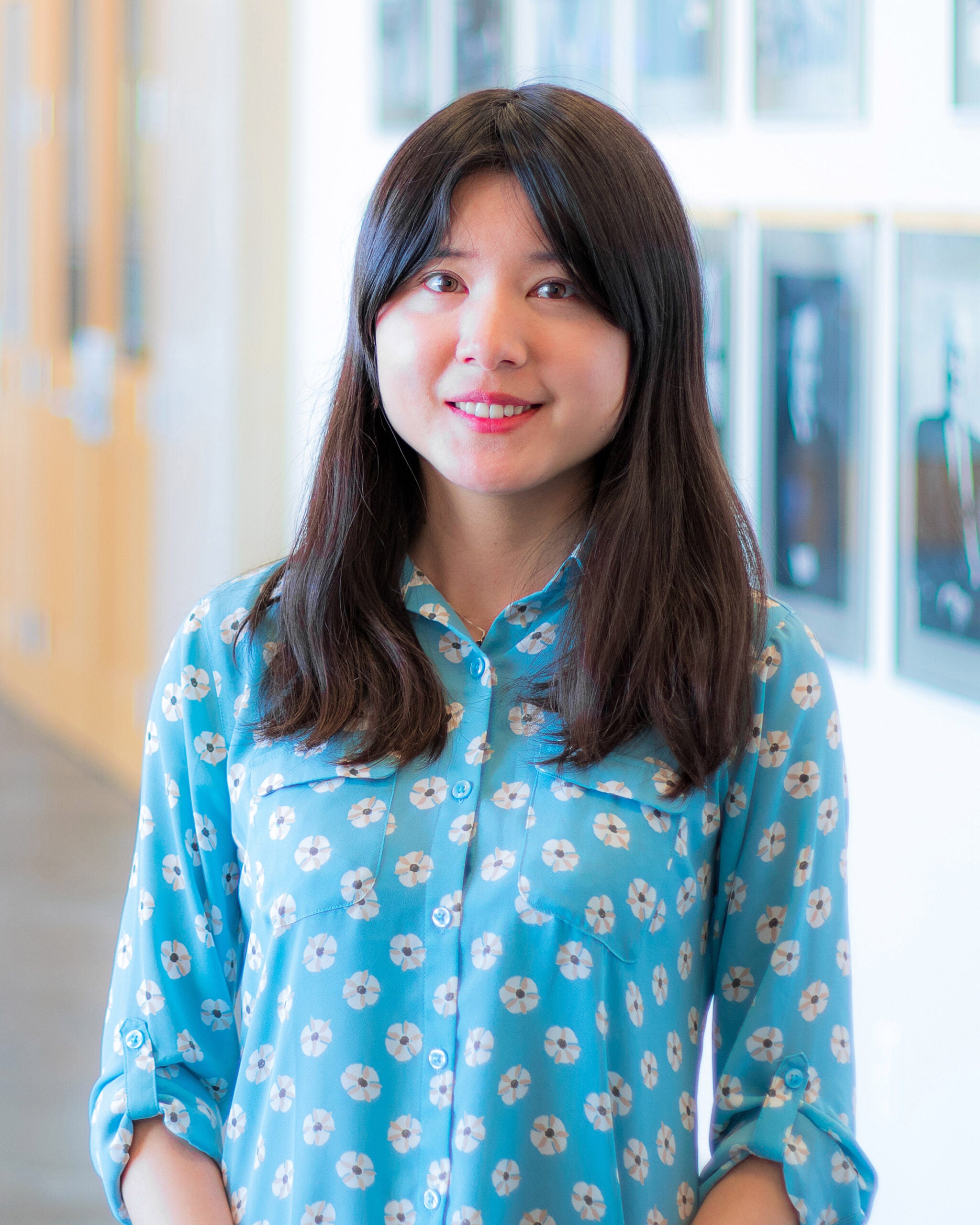
Qiongyue Hu ’17 spent winter term in Taiwan, conducting comparative research on advocacy efforts for disability rights, an issue with which she has both personal and professional experience. As an undergraduate at Renmin University Law School in China, Hu volunteered at a school for the children of migrant workers and was involved in several collaborative projects between Renmin and the Harvard Law School Project on Disability, including work at a disability law clinic and participation in a conference regarding the country’s implementation of the United Nations Convention on the Rights of Persons with Disabilities.
At the disability clinic, which was led by Renmin assistant professor and Project on Disability associate Charles Wharton ’12, she worked with parents seeking educational opportunities for their disabled children. Access to education is an issue with deep personal roots for Hu. “I was one of very few students from my suburban middle school to go to a prestigious high school in the central city, and then to college in Beijing. These opportunities broadened my perspectives on life and the world, and most importantly, developed my skills and beliefs in pursuing my dreams. Education changed my life, and I saw how it affected those who didn’t have access to those same educational resources.”
Wanting to learn more about educational equity, in particular children’s law and disability, Hu decided to continue her legal studies at Harvard Law. She focused her coursework on comparative law and educational law and policy, participated in the Education Law Clinic this past fall, and saw winter term as an opportunity to conduct independent research.
Taiwan, which had recently incorporated the United Nations Convention on the Rights of Persons with Disabilities into domestic law, quickly presented itself as an ideal research location. “Things are changing rapidly in Taiwan—two years ago people in wheelchairs couldn’t vote because of lack of access, and five years ago they couldn’t get on planes. People are advocating intensely, and a lot has been achieved,” Hu noted.
With the assistance of her faculty supervisor Professor William Alford, her connections with the Project on Disability, and Wharton, who is currently a visiting professor at National Taiwan University, Hu secured interviews with nongovernmental organization leaders, government officials, scholars, self-advocates, and people with disabilities. “This was my first time conducting such comprehensive interviews. I really saw how first hand contact brings a different perspective, and my research benefited from the top-to-bottom perspective.”
Hu is writing a paper that compares the disability rights movements in the U.S. and Taiwan, and suggests improvements to advocacy efforts by people with disabilities, such as becoming more involved with the process of law and policy making, and encouraging legal scholars to work on the country’s implementation of disability rights. “I have an optimistic perspective—the society is democratic, government officials are serious about the issue, and people want real change. With more efficient communication and research on the part of advocates, I know they can handle the obstacles.”
This summer, Hu will build on her experience with an internship at the Campaign for Educational Equity, a nonprofit research and policy center at Teachers College, Columbia University, where she will research how different states allocate federal funds for special education. Hu is also reflecting and considering how she can make a difference in China after law school. “I want to promote educational equity and help people with disabilities have equal enjoyment of their life”
The Cravath International Fellowships were created in 2007 by a group of partners and HLS alumni at Cravath, Swaine & Moore, led by Sam Butler ’54 and the late Robert Joffe ’67.
